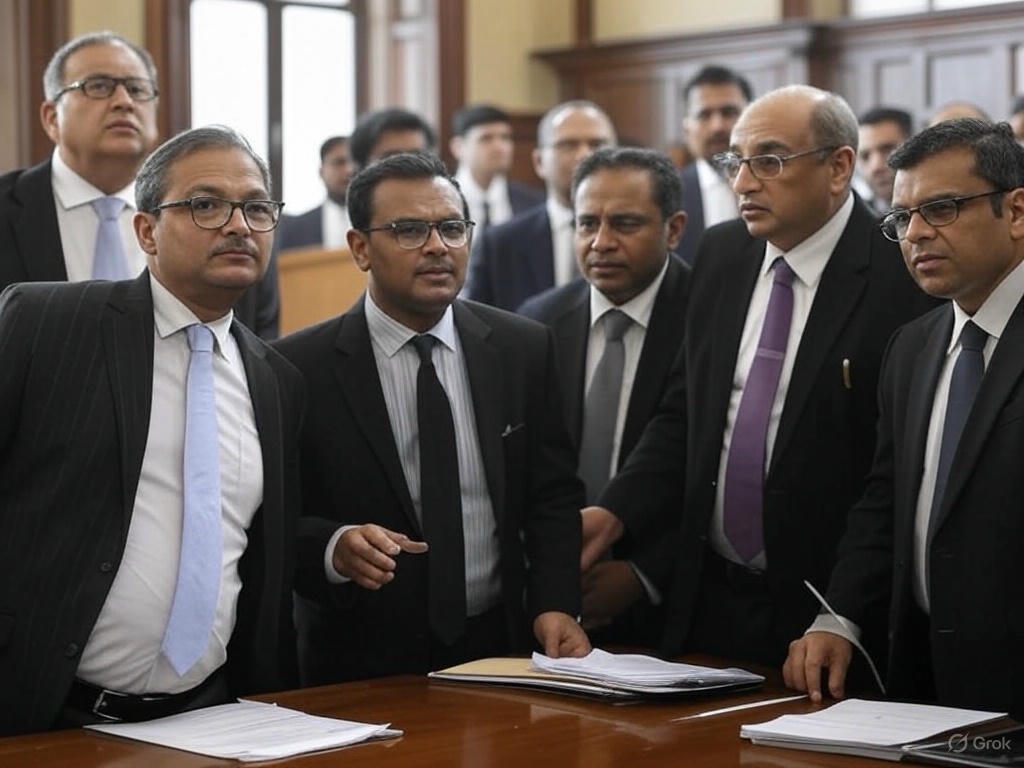
Tech Titans Take on India: Samsung and LG Challenge E-Waste Pricing in Court
In a dramatic showdown that’s shaking up the global tech landscape, South Korean giants Samsung and LG have launched a legal battle against the Indian government, targeting its controversial new electronic-waste (e-waste) pricing policy. The policy, which mandates a minimum payment of 22 rupees (25 U.S. cents) per kilogram to recycle consumer electronics, has sparked outrage among major electronics firms, who claim it unfairly hikes their business costs while benefiting recyclers. The lawsuits, filed in the Delhi High Court, were set to be heard on Tuesday, April 22, 2025, alongside similar challenges from other industry heavyweights like Daikin, Voltas, Havells, and Indian air conditioner maker Blue Star.
India, the world’s third-largest e-waste generator after China and the U.S., has been grappling with a mounting waste crisis. Official figures reveal that only 43% of the country’s e-waste was recycled last year, with 80% of the sector dominated by informal scrap dealers. The Modi administration introduced the new rules to formalize the recycling industry and encourage investment, setting a floor price for recycler payouts. However, this move has ignited a firestorm among electronics manufacturers, who argue that the policy triples their costs and undermines their financial stability.
LG’s 550-page court filing, reviewed by Reuters, pulls no punches. It accuses the government of “fleecing companies” under the guise of the ‘polluter pays principle,’ arguing that the policy fails to address the real issue: the government’s inability to regulate the informal sector. “If the authorities have not been able to regulate the informal sector, then it is an enforcement failure,” the filing states sharply. Samsung, in its 345-page submission, echoes this sentiment, warning of a “substantial financial impact” and asserting that “the regulation of prices does not inherently serve the purposes of environmental protection.” The company had previously lobbied Modi’s office, claiming the new rates were “5-15 times the price currently paid.”
The stakes are high for both sides. For Samsung and LG, the policy threatens profit margins in one of their largest markets. LG had urged the government as early as August 2024 to let market forces determine recycling prices, calling the proposed rates “very high.” Meanwhile, the Indian government is under pressure to balance environmental goals with economic realities. Research firm Redseer highlights the scale of the challenge: India’s recycling rates lag far behind the U.S., where they are up to five times higher, and China, where they are at least 1.5 times higher.
The courtroom drama is part of a broader standoff between foreign companies and the Modi government over waste management practices. Other firms, including Daikin, Havells, and Tata’s Voltas, have already taken the government to court, while Johnson Controls-Hitachi recently withdrew its lawsuit without explanation. As the battle unfolds, the tech world watches closely—will India’s push for a greener future come at the cost of its relationship with global tech titans?
